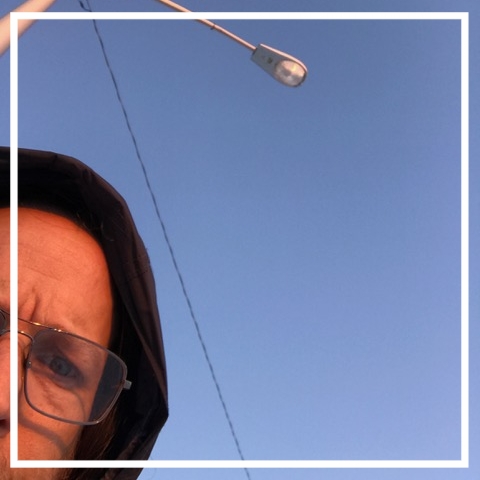Staining the Canvas
MarE Leonard
After blood runs down my legs,
Mom says, "You have your friend,"
hands me a pad to hook around my waist.
At MOMA, Rothko's rectangle bleeds,
dancing like a free spirit
toward a yellow one.
I call my period my friend but she
betrays me, running
beyond the tampon, dirtying my life.
Rothko worked by staining the canvas,
layering, creating ephemeral poetry.
"You're a woman now, "Mom says,
"Women bleed the first time
they make love."
I need to write tragic poetry
nothing ephemeral, shocking narratives,
street girls, sluts lifting skirts, starving for sex.
On a Rothko site, I click on a canvas,
pretend to sprawl on a solitary bench,
stare straight up, watch blocks of red, orange
a mirage, appearing out of no where
Rothko's white rectangle moves like a cloud
bleeding into a cobalt blue sky
Something, some thing inside, made me cry.
The people who weep before my paintings
have the same religious experience
I had when I painted them.
Pregnant with my first child, I bleed
all over the bathroom floor,
My baby dead in a moment, the nurse says,
It's for the best.
The doc scrapes my uterus
so I bleed and bleed.
Down the hall, newborns cry.
Rothko told journalists,
he moved to the city
to bum around and starve a bit.
I try to starve no toast,
no soup no triple layer cake.
Leave me the fuck alone.
I click on a Rothko,
get lost in the luminous,
moving, bleeding shapes.
Read about his suicide: Rothko
found in his cavernous studio,
in a pool of blood 6 x 10 wide.
He heard no bird songs, no train whistles,
left no note. A friend asked,
How can a friend do this to a friend?
My baby dead, I want to pull
the wires from my arms,
leave no note, see no friends,
Wear only my white hospital gown
like wings to fly.





















































